Meaning
Meaning is the essence that gives depth and purpose to our existence, the lens through which we interpret our experiences and define our place in the world. It is not a fixed concept, but a process of discovery, shaped by our interactions, reflections, and choices. In the quest to understand life, meaning is both the goal and the guide, directing our actions and enriching our lives with a sense of purpose. It is through the search for meaning that we connect with something greater than ourselves, finding coherence in the complexities of life.
Meaning also serves as a foundation for resilience. Consider the roots of a tree that anchor it firmly in the ground, allowing it to withstand the strongest winds. In the same way, a sense of meaning grounds us, providing stability and direction amidst the uncertainties of life. When we understand the purpose behind our actions and experiences, we are better equipped to navigate challenges and maintain our focus on what truly matters. Meaning transforms adversity into an opportunity for growth, enabling us to find value even in difficult circumstances.
Moreover, meaning fosters connection, linking us to others and to the broader world. Just as a forest thrives through the interconnectedness of its trees, which share resources and support one another, our sense of meaning is often deepened through our relationships and contributions to the greater good. This interconnectedness enhances our understanding of ourselves and our place in the world, reminding us that meaning is not just an individual pursuit but a shared experience that binds us to the larger human story.
Research in cognitive psychology suggests that meaning is actively created rather than passively found. Our brains are meaning-making machines, constantly interpreting and reinterpreting our experiences to fit them into our evolving understanding of life. This process is both conscious and unconscious, shaped by our beliefs, values, and past experiences.
The implications of this constructivist view of meaning are profound. It suggests that we have the power to reshape our perception of life by consciously engaging in meaning-making. By reframing our experiences, we can transform challenges into opportunities for growth and find purpose in seemingly mundane aspects of life.
At its core, meaning is the thread that weaves together the disparate elements of our lives, creating a coherent and purposeful narrative. It is through the search for meaning that we find clarity, direction, and fulfillment. In the quest for meaning, understanding is not a destination but an ongoing exploration, one that enriches our lives with depth, connection, and a profound sense of purpose. By embracing this search with wisdom and intention, we cultivate a life that is not only rich in meaning but also deeply aligned with our true nature.
What is the meaning of life?:
- Meaning is Both Created and Discovered
- We are simultaneously the authors and explorers of meaning
- The very act of seeking meaning generates purpose
- Meaning emerges through conscious engagement with life
- Universal Principles Manifest Uniquely
-
Core elements appear consistently across cultures:
- Connection with others
- Personal growth
- Contribution to something larger
- Creation/creativity
- Love and relationship
- Yet each individual's expression is unique
- Practical Framework for Meaning
- Engage authentically with experience
- Foster deep connections
- Pursue personal growth
- Contribute to others' wellbeing
- Create lasting positive impact
- Align actions with values
- Embrace both joy and challenge
- Key Understanding. The meaning of life isn't a singular answer but a dynamic process of becoming. It's found in the intersection of:
- Being and doing
- Individual and collective
- Present experience and future impact
- Personal growth and contribution to others
- Ultimate cosmic purpose
- Role of consciousness in universe
- Impact of mortality on meaning
- Objective vs subjective truth
